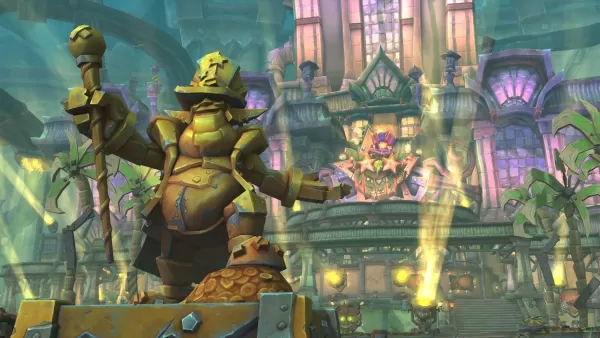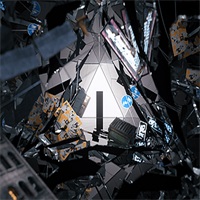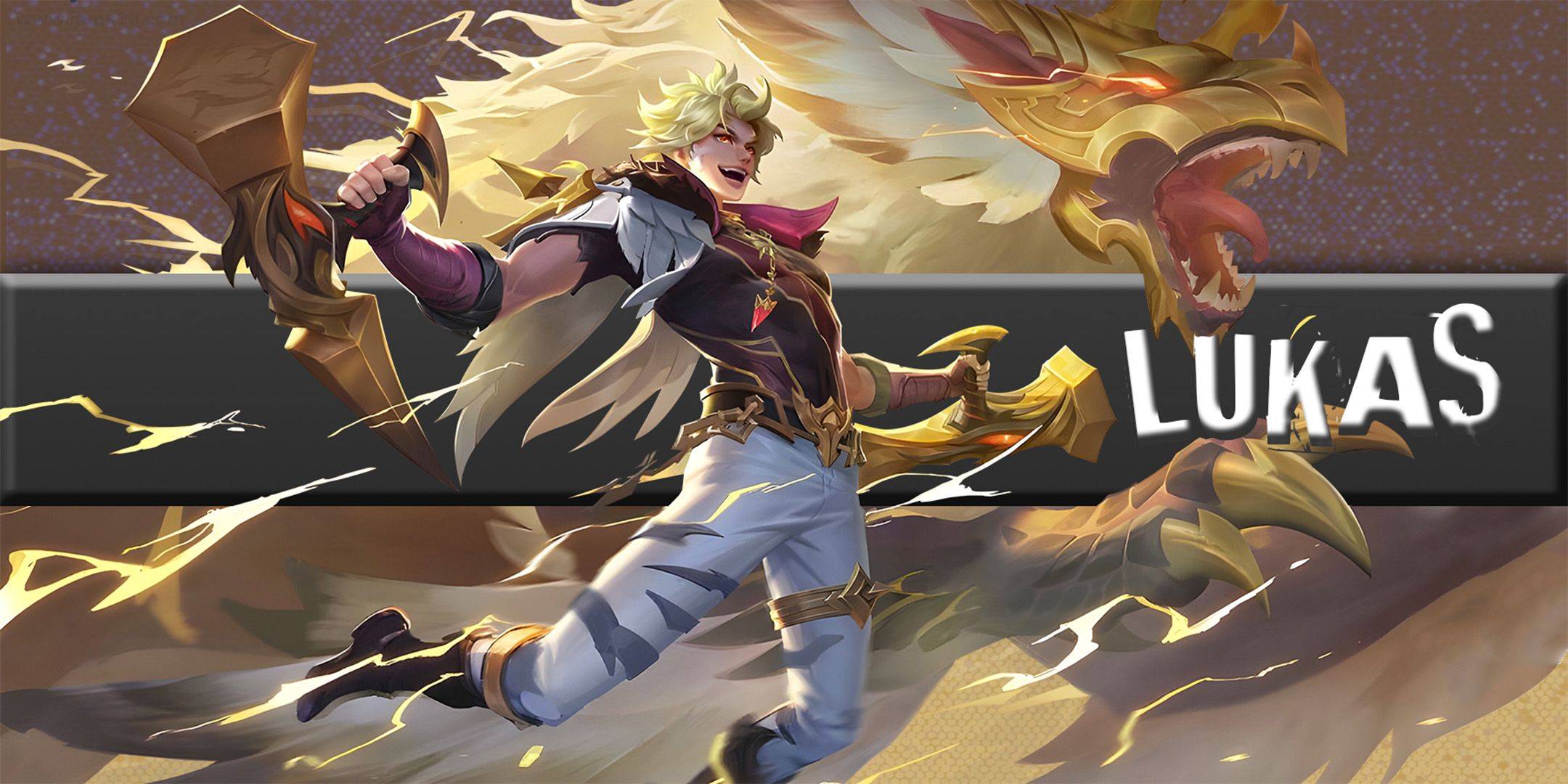Why Assassin's Creed 2 and 3 Had the Best Writing the Series Has Ever Seen
One of the most memorable moments in the entire Assassin's Creed series occurs early in Assassin's Creed III . Haytham Kenway, having assembled his team in the New World (or so it seems), embodies everything a protagonist should be: he uses a hidden blade, possesses the charisma of Ezio Auditore, and acts heroically, freeing Native Americans and battling British soldiers. Only when he utters the familiar Templar phrase, "May the Father of Understanding guide us," is the shocking truth revealed: we've been following the Templars all along.
This masterful setup perfectly exemplifies Assassin's Creed's untapped potential. The first game introduced a compelling premise—locate, understand, and eliminate targets—but fell short narratively, with both Altaïr and his victims lacking depth. Assassin's Creed II improved things with the iconic Ezio, but its adversaries remained underdeveloped, notably Cesare Borgia in Brotherhood . Only in Assassin's Creed III , set during the American Revolution, did Ubisoft dedicate equal effort to developing both hunter and hunted, creating a seamless narrative arc and achieving a rare balance between gameplay and story, a balance not replicated since.
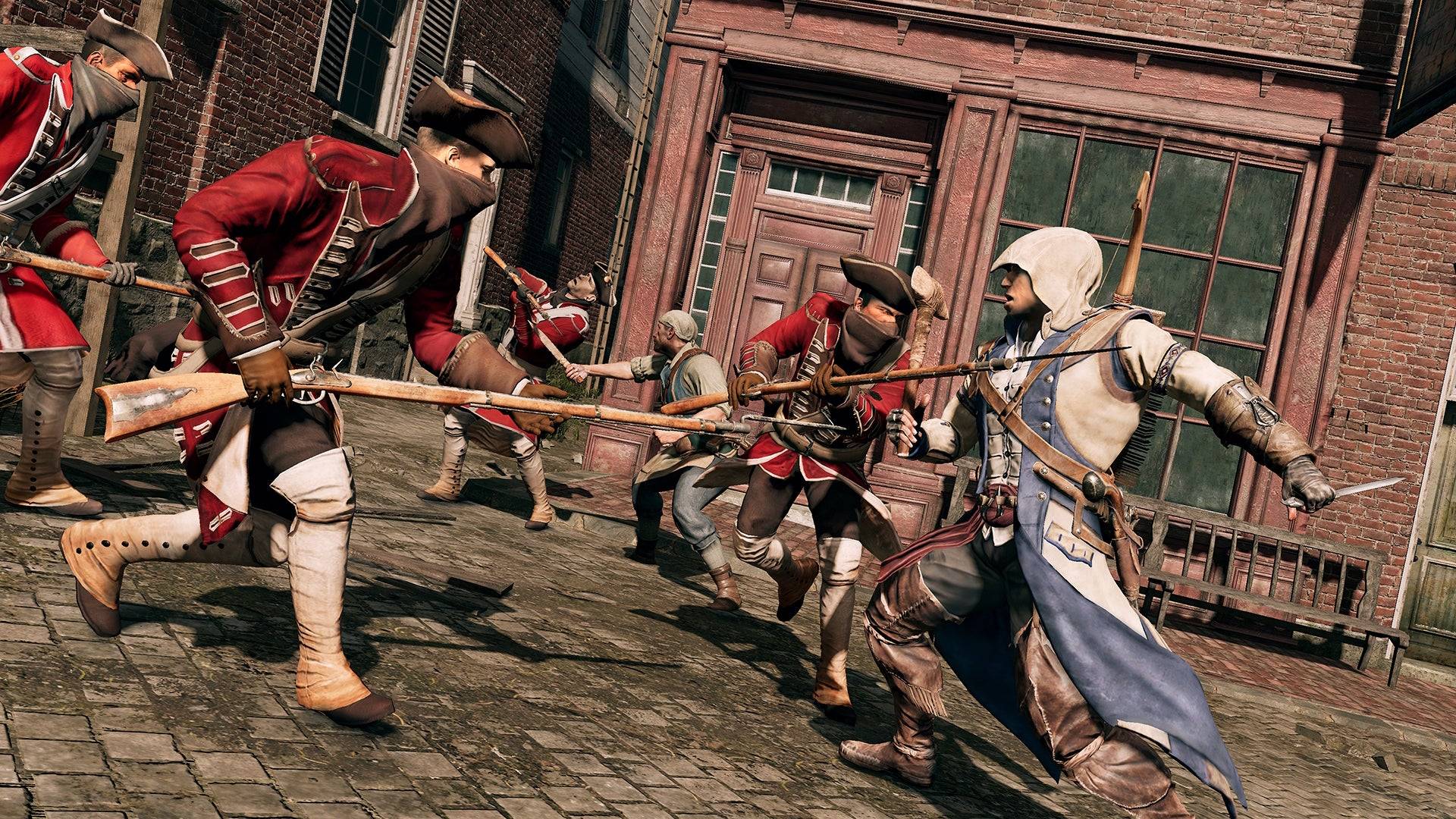
While the series' current RPG era enjoys widespread acclaim, a consensus exists—supported by countless articles, videos, and forum discussions—that Assassin's Creed is in decline. The reasons for this are debated. Some cite increasingly fantastical premises (battles against Anubis and Fenrir), others point to romance options or, in the controversial case of Assassin's Creed: Shadow s, the use of a real historical figure (Yasuke). However, I argue the decline stems from the series' abandonment of character-driven storytelling, overshadowed by sprawling open worlds.
Over time, Assassin's Creed has incorporated numerous RPG and live-service elements: dialogue trees, XP systems, loot boxes, microtransactions, and gear customization. Yet, larger installments feel emptier, not just due to repetitive side quests, but also in their storytelling.
While Assassin's Creed Odyssey boasts more content than Assassin's Creed II , much of it feels underdeveloped and lacks polish. The extensive dialogue options, intended to enhance immersion, often have the opposite effect. Lengthy scripts, accommodating multiple scenarios, lack the refinement of earlier games with more focused narratives. The sharp, screenplay-like writing of the action-adventure era created well-defined characters, unaffected by player choices that arbitrarily forced compassion or brutality. This breaks immersion, making interactions feel artificial rather than genuine historical encounters.
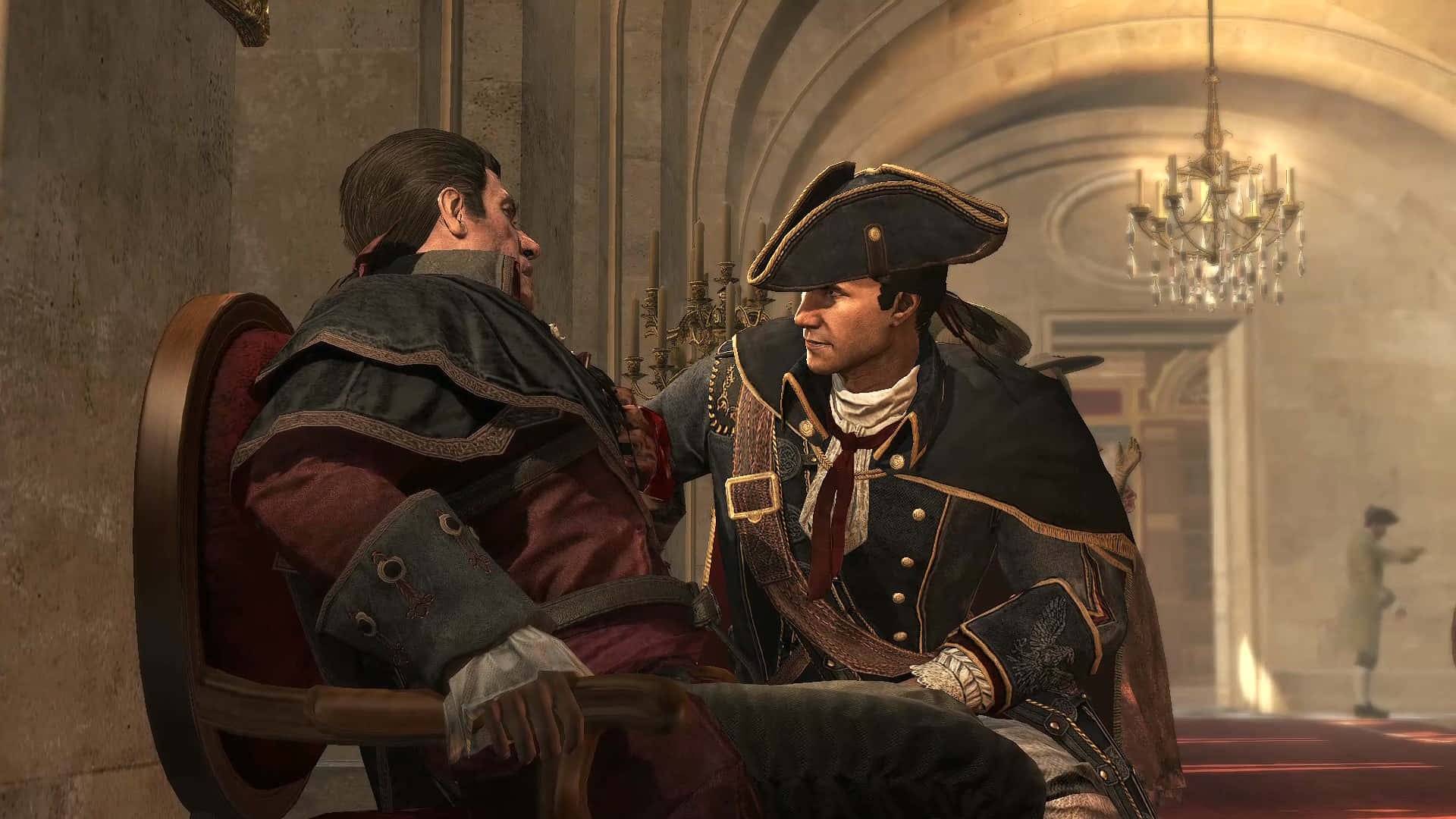
The writing has also suffered in other ways. Modern games often present a simplistic Assassins-good/Templars-bad dichotomy. Earlier games explored the blurred lines between the two orders. In Assassin's Creed III , defeated Templars challenge Connor's (and the player's) beliefs. William Johnson suggests the Templars could have prevented genocide. Thomas Hickey criticizes the Assassins' mission. Benjamin Church highlights the subjectivity of morality. Haytham himself questions Connor's faith in Washington, predicting a future American despotism—a claim validated when Washington is revealed to have ordered the burning of Connor's village.
The game ends with more questions than answers, making the narrative more compelling. This nuanced approach, unlike the simplistic morality of later games, is a key element of the earlier titles' success.
Risultati dei risultatiThe enduring popularity of "Ezio's Family" from Assassin's Creed II 's soundtrack highlights the emotional core of the PS3-era games. Assassin's Creed II and Assassin's Creed III , at their heart, were character-driven experiences. The music reflected not just the setting, but Ezio's personal loss. While I appreciate the current generation's improved graphics and world-building, I hope the series will return to its roots, delivering focused narratives rather than sprawling, diluted experiences. In today's market, however, such a shift might not be considered commercially viable.
-
Sconti del Prime Day di Amazon stanno svanendo rapidamente, quindi agisci in fretta per assicurarti i tuoi acquisti. Che tu possieda uno Switch 2, utilizzi ancora uno Switch 1 o giochi su altre piattaAutore : Layla Aug 11,2025
-
Blizzard è pronta a lanciare una nuova funzionalità in World of Warcraft che potrebbe inizialmente sorprendere i giocatori: un sistema che suggerisce l'incantesimo ottimale da lanciare successivamenteAutore : Liam Aug 10,2025
-
 Monster Arena by Erma SharpeScaricamento
Monster Arena by Erma SharpeScaricamento -
 CharluvScaricamento
CharluvScaricamento -
 Park After DarkScaricamento
Park After DarkScaricamento -
 Dot Knot - Connect the DotsScaricamento
Dot Knot - Connect the DotsScaricamento -
 Never Lose! Squid Hero-Chan VS Absolutely Squid TentaclesScaricamento
Never Lose! Squid Hero-Chan VS Absolutely Squid TentaclesScaricamento -
 Breaking The Friend ZoneScaricamento
Breaking The Friend ZoneScaricamento -
 Dynamons 2Scaricamento
Dynamons 2Scaricamento -
 Your StoryLandScaricamento
Your StoryLandScaricamento -
 Car Robot Horse GamesScaricamento
Car Robot Horse GamesScaricamento -
 Swipe Fight!Scaricamento
Swipe Fight!Scaricamento
- Midnight Girl è un'avventura punta e clicca minimalista ambientata nella Parigi degli anni '60, ora aperta per i preordini su dispositivi mobili
- Le superstar della WWE si uniscono a Call of Duty Warzone: Mobile Roster
- "Grand Outlaws scatena il caos e il crimine sul lancio di Android Soft"
- La canzone dei videogiochi supera 100 milioni di flussi su Spotify
- "Fallout Stagione 2 in anteprima nel dicembre 2025, conferma la stagione 3"
- Ultimate Guide to Dead Rails Sfide [Alpha]


